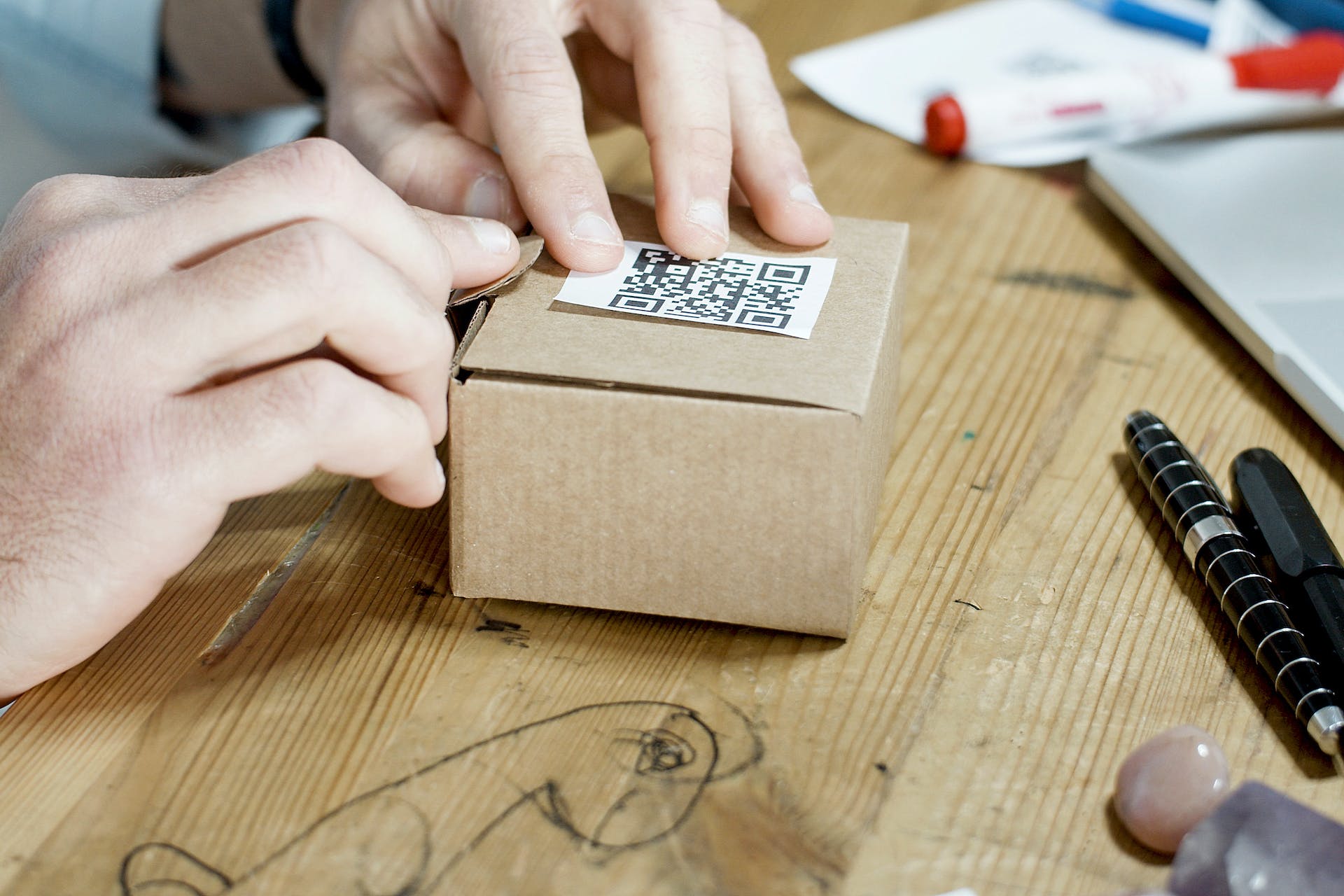In the bustling traffic signals of New Delhi, a striking change is visible. Transgender beggars like Ayesha Sharma are embracing digital technology to combat discrimination and financial exclusion. Sharma, with her smartphone displaying a QR code, represents a burgeoning group within marginalized communities turning to digital transactions to manage their meager finances.
The Digital Lifeline
The wave of digitalization sweeping across India has been a boon for transgender individuals engaged in begging. The ease of digital transactions via payment apps has not only facilitated financial dealings for people like Sharma but has also lent them a semblance of dignity in their interactions. Amid the cacophony of a traffic halt, the simple act of scanning a QR code transcends the barriers of prejudice, ensuring these individuals are not left behind in the rapidly evolving financial landscape of India.
The Struggle for Identity and Access
While digital transactions spell progress, the road to financial inclusion for transgender people is fraught with challenges. Leeza Khan from Meerut, and many like her, face bureaucratic hurdles in obtaining essential documents like PAN and Aadhar cards, which are vital for opening bank accounts and availing digital services. Their journeys are often marred by invasive questioning and insensitivity, leading to a reluctance to pursue official documentation.
Policy Paradox
Despite the Indian government’s efforts to digitize financial transactions, the impact on the transgender community has been limited. The demonetization drive and the push for digital banking have inadvertently marginalized those unable to meet the stringent KYC requirements. This highlights a stark discrepancy between policy intent and the on-ground realities faced by the transgender population.
The Communal Solution and Ongoing Challenges
In the absence of personal bank accounts, many transgender individuals rely on communal solutions, like sharing a QR code linked to a commune leader, albeit at a cost. This workaround, while ingenious, is not a sustainable solution to the systemic issues at play.

A Call for Action
The low number of official gender recognition certificates against the backdrop of a growing transgender population in Delhi raises questions about their visibility in the political framework. Activists and officials like Swati Maliwal of the Delhi Commission for Women are calling out the gaps in the system, pointing to the harassment and discrimination that transgender people face while applying for identification certificates.
Conclusion: The Path Ahead
The adoption of payment apps by transgender beggars like Sharma is a testament to their resilience and adaptability. Digital banking has emerged as an essential tool for the safety and wellbeing of minorities living in precarious conditions. However, the true test lies in creating an inclusive system that accommodates the unique challenges faced by the transgender community, ensuring that technology truly becomes a harbinger of empowerment.
©loveinclusion.org





